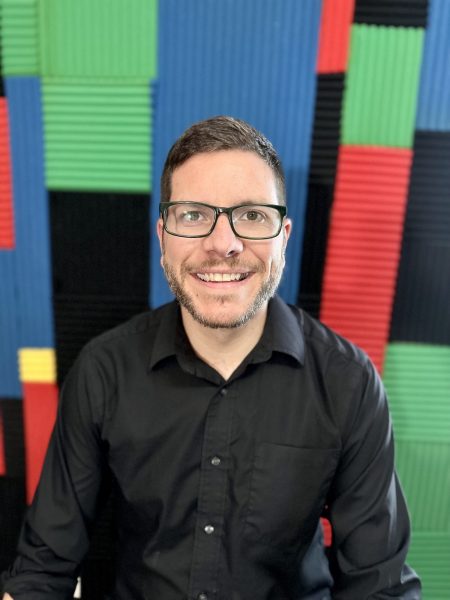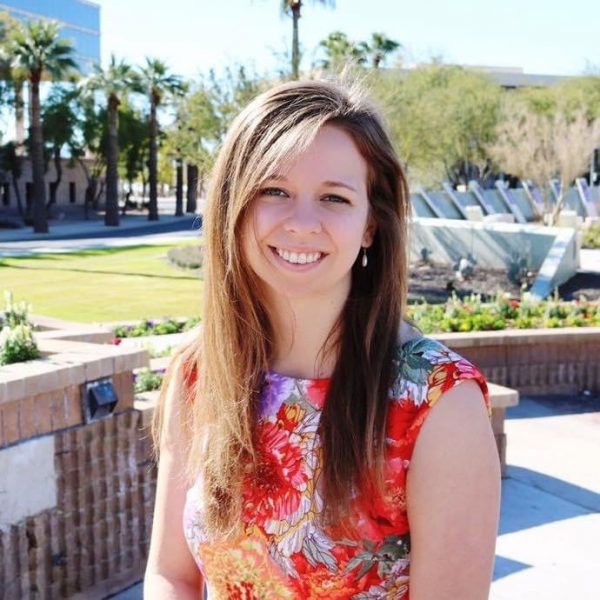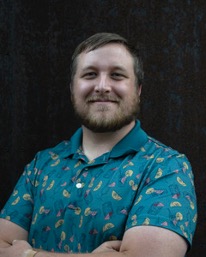Teach music and singing at school in such a way that it is not a torture, but a joy for the pupil; instill a thirst for finer music in him, a thirst which will last for a lifetime. If the child is not filled at least once by the life-giving stream of music during the most susceptible period between his sixth and sixteenth years – it will hardly be of any use to him later on. Often a single experience will open the young soul to music for a whole lifetime. This experience cannot be left to chance, it is the duty of the school to provide it.” – Zoltán Kodály
 Inspired by the vision of Zoltán Kodály, the mission of the Organization of American Kodály Educators is to support music education of the highest quality, promote universal music literacy and lifelong music making, and preserve the musical heritage of the people of the United States of America through education, artistic, performance, advocacy and research. (oake.org)
Inspired by the vision of Zoltán Kodály, the mission of the Organization of American Kodály Educators is to support music education of the highest quality, promote universal music literacy and lifelong music making, and preserve the musical heritage of the people of the United States of America through education, artistic, performance, advocacy and research. (oake.org)
CSU Master of Music students, Tony Hartman, Leah Mathe, and Dominick Van Orman, have been recognized for their skills and knowledge of the Kodály early education method. The three will graduate from CSU this December with their Master of Music, Music Education Specialization, Kodály Option.
Tony Hartman
Tony Hartman, recipient of the Jenö Ádám Scholarship at the Clinic at Middle Tennessee Association of Kodály Educators, has been invited to present on "The Silent Drum Circle" at the April 2024 state conference.
About the Jenö Ádám Scholarship:
Jenö Ádám, a Hungarian music educator, composer, and conductor, was a pupil and early colleague of Kodály. The Jenö Ádám Scholarship provides partial funding to O.A.K.E. members with Level I certification toward further study at OAKE-endorsed Kodály certification programs in the United States and Hungary.
After the scholarship award, Hartman was invited by the O.A.K.E. quarterly publication, the Kodály Envoy, to write a scholarship reflection. Hartman said that the scholarship and the reflection were both an honor. "Receiving this award means a lot to me as an educator. Jenö Ádám worked alongside Zoltán Kodály to design the curriculum for the first Hungarian singing primary schools. They aimed to provide the best experience for the students, which is a goal that I share," said Hartman. Hartman noted that the Kodály levels that CSU offers have improved his classroom. "I am thankful that O.A.K.E. recognized my desire to provide the best for my students and that they were able to support me financially in that endeavor," said Hartman.
The April Tennessee Music Educators Association Conference marked Hartman's first time presenting at this particular forum. "I enjoy the opportunity to give back to my community of colleagues. If we know things that work in the classroom, it is important for us to share those ideas with others. Attending conferences and workshops is vital for any teacher who hopes to sustain their career through retirement. How can we expect our students to learn if we, the teachers, choose to stop learning? I hope the presentation will offer teachers another tool to build community and drumming competency," Hartman said.
Hartman developed The Silent Drum Circle as a lesson plan that served two primary needs: to save his voice and to capture the attention of a particularly talkative class. Through The Silent Drum Circle, the class is led in a drumming activity without spoken directions. From set up to tear down, the teacher mimes the vital information and sequences the events so that the class is clear on what is expected. It involves teamwork elements, class communication, and purposeful sequencing of musical goals. It includes full group drumming, highlighting sections within the group, and lots of non-verbal communication.
"When you eliminate the teacher-talk-time, it is amazing how much drumming the kids actually get through," Hartman said. "I can imagine that the idea of leading a class without speaking, including addressing behaviors, might be uncomfortable for teachers. I hope this session will open them up to the possibilities of zero teacher-talk-time."
Hartman notes he came to the Kodály world as a skeptic but was searching for a missing puzzle piece for his teaching practice. Hartman said, "Before my Kodály levels at CSU, I was like a plumber with a toolbox full of hammers and nails; something wasn't quite working out. I know my students enjoyed my class, but I kept feeling like I had all of these fun vehicles we could drive without a clear destination of where we were going." After encountering the Zoltán Kodály quote, "Only the best is good enough for a child," Hartman knew he had found the answer to his search.
"I now know exactly where my students are going and how to get them there. I am empowered to deliver the best I can to my students and my community," Hartman said.
Leah Mathe
Leah Mathe recently presented the professional development session "Teaching Melodic Pitch Concepts Using Kodály Techniques" to elementary music teachers in Las Crusces School District, New Mexico.
The elementary music teachers from Mathe's district meet every month to discuss district-wide music events and different teaching methods. Mathe had the opportunity to lead the professional development portion of the meeting. She demonstrated the "Prepare, Present, and Practice" examples for Kodály-based melodic concepts in grades K-2.
"It was a wonderful opportunity to share what I have learned at CSU. I have gained a lot of skills from my colleagues and was honored to pay it forward," Mathe said.
Reflecting on the Kodály program, Mathe said, "Being a Kodaly student stretched my abilities as a musician, educator, and scholar. I achieved more than I thought possible and left the program as a better educator for my students."
Dominick Van Orman
In Summer 2023, Dominick Van Orman worked alongside O.A.K.E.'s Western Division, hosting the 50th International Kodály Symposium (IKS) held in Los Angeles, California. Along with Ashley Cosens and other members of the Sierra Nevada Associations of Kodály Educators, Van Orman was co-chair of the Grants and Fundraising Committee.
While Van Orman could not travel to Los Angeles to serve in person at the symposium due to completing his Level III Certification, he could participate digitally. Grateful for the opportunity to help make the event a success, he will not forget the people he met through the process.
Van Orman said his biggest success with the committee was developing the advertisement and sponsorship packet. "I developed and revised the packet that was sent out across the nation to donors, businesses, and individuals, which helped to make the event financially successful! We had many sponsorships and donations to the event because of our persistence and professional communication," said Van Orman.
Through his time with the Colorado Kodály Institute at CSU, the IKS operating committee, and time spent with his own students and professional colleagues in Northern Nevada, Van Orman is impressed with how Kodály brings people together through music and experiences.
He said, "Kodály to me means community. I am blessed to have crossed paths with so many amazing people thanks to Kodály, and I cannot wait for more to come."
About the Master of Music
At CSU, the Master of Music, Music Education Specialization, Kodály Option is designed for elementary classroom music teachers, independent music instructors, and secondary music teachers interested in developing their teaching, conducting, musicianship, and depth of knowledge about music education. The degree enables students to earn national certification in Kodály music teaching through CSU’s Colorado Kodály Institute while earning a master's degree.




